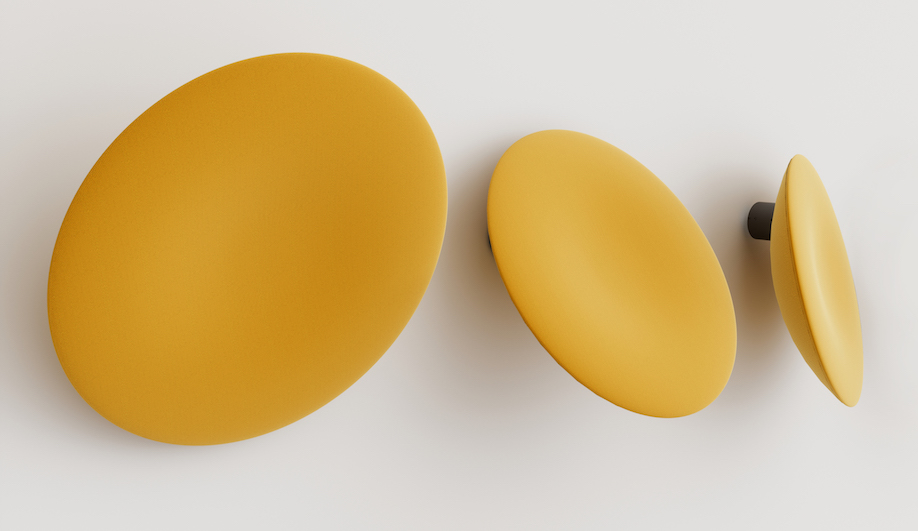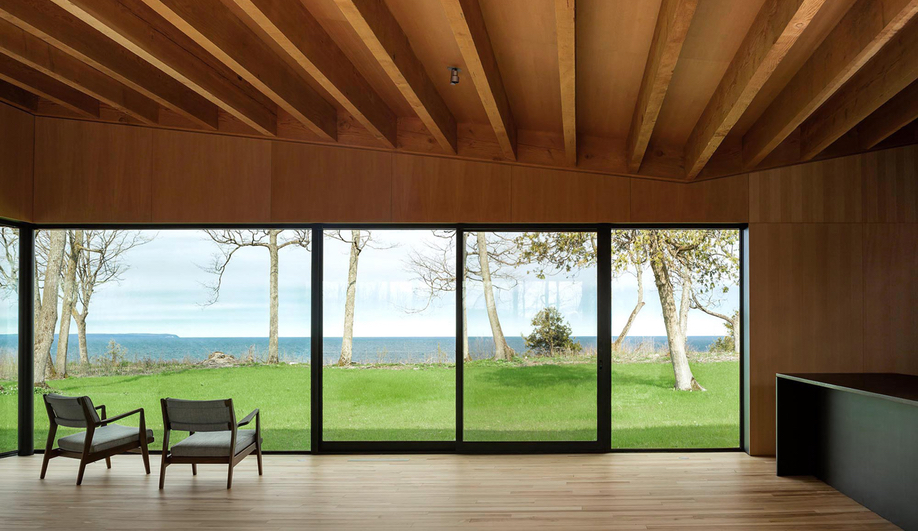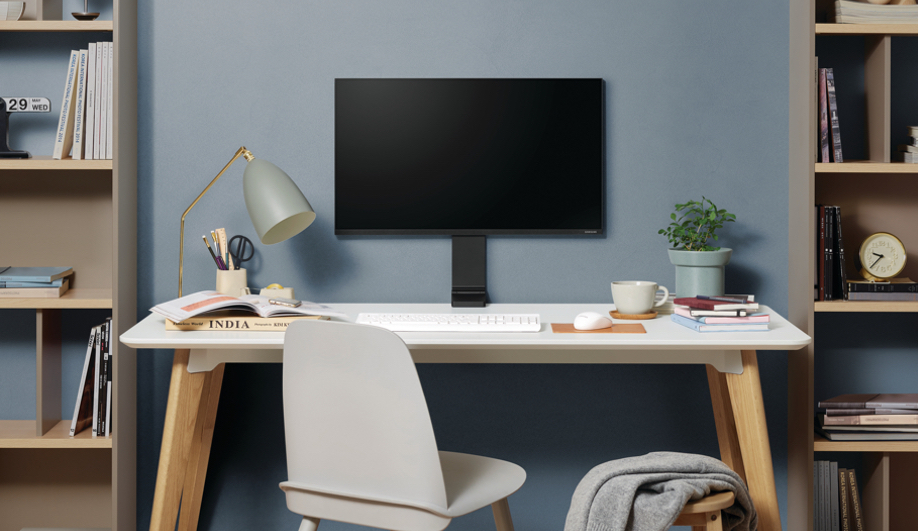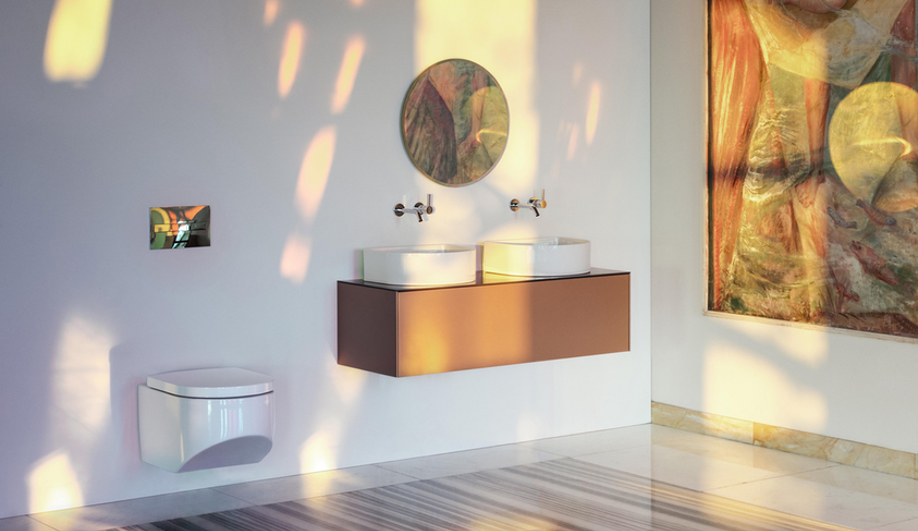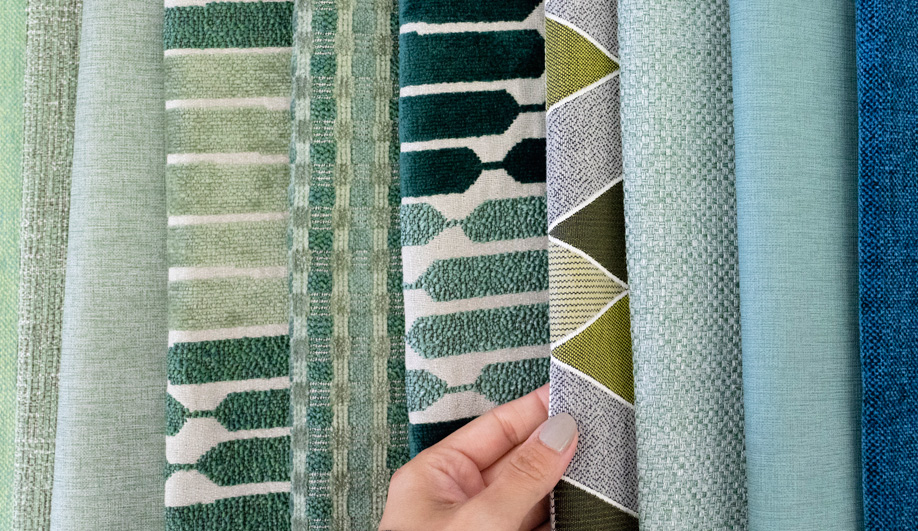
These innovative products are tackling big issues in sustainable design: well-being and the environment.
Energy Booster

When combating the health risks that go along with hours of sitting, upholstery may not be top of mind. Designtex is looking to change that paradigm with the introduction of Celliant-backed woven and coated textiles. Made by Hologenix from a formula of 13 thermo-reactive minerals and recycled polyester resin, Celliant (which the U.S. FDA approved as a medical product in 2017) works by absorbing infrared energy from body heat and transferring it back to the source through the skin, increasing blood oxygen levels, regulating body temperature, and providing other benefits.
Even with the preponderance of standing desks and apps that prompt workers to get up and move regularly during the day, “sitting isn’t going away,” notes Deidre Hoguet, director of applied research at Designtex. While this new application won’t reverse the effects of sedentary behaviour, it’s heartening to know that sitting can be a little less bad for us. Designtex plans to launch a line of Celliant-backed woven and coated fabrics in the near future.
Net Positive
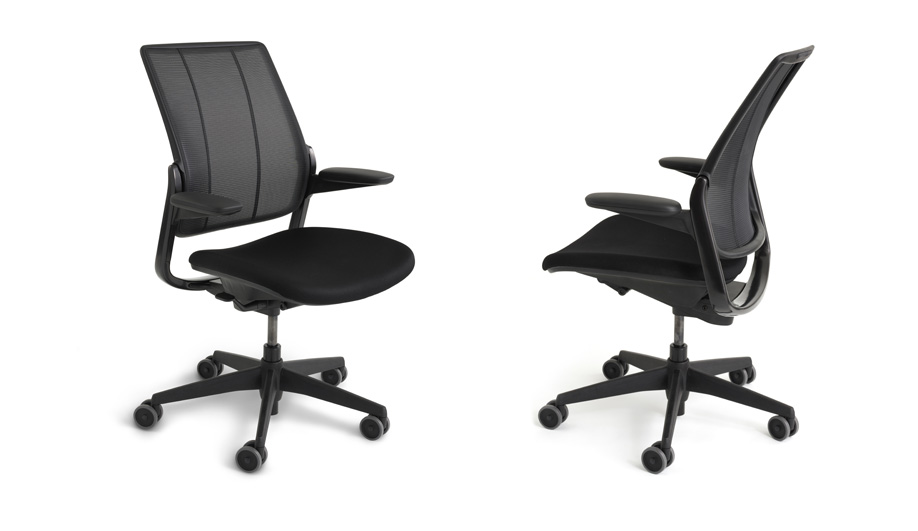
Plastics have become a grave threat to oceans, devastating marine life and forming floating islands of garbage. Among the biggest culprits are discarded nylon fishing nets, a scourge that Humanscale is aiming to turn into an eco-opportunity. Partnering with Bureo – the California- and Chile-based initiative that has been repurposing fishing nets to make skateboards and sunglasses since 2014, establishing a supply chain with fishing communities in the process – Humanscale has replaced the plastic frame of its Diffrient Smart chair with one made from reclaimed nylon nets to create the Smart Ocean version of the chair.

Salvaged fishing nets were turned into plastic pellets to make the Smart Ocean task chair.
Smart Ocean uses nearly two pounds of the waste material per chair, making it a product with a net-positive impact. “It’s our intention to be part of the solution,” says Jane Abernethy, sustainability officer at Humanscale. As for Bureo, the partnership brings that project closer to, as co-founder Ben Kneppers puts it, “flipping ocean pollution into a positive solution” as well as stopping future plastics from even hitting the water.
This story was taken from the September 2018 issue of Azure. Buy a copy of the issue here, or subscribe here.

